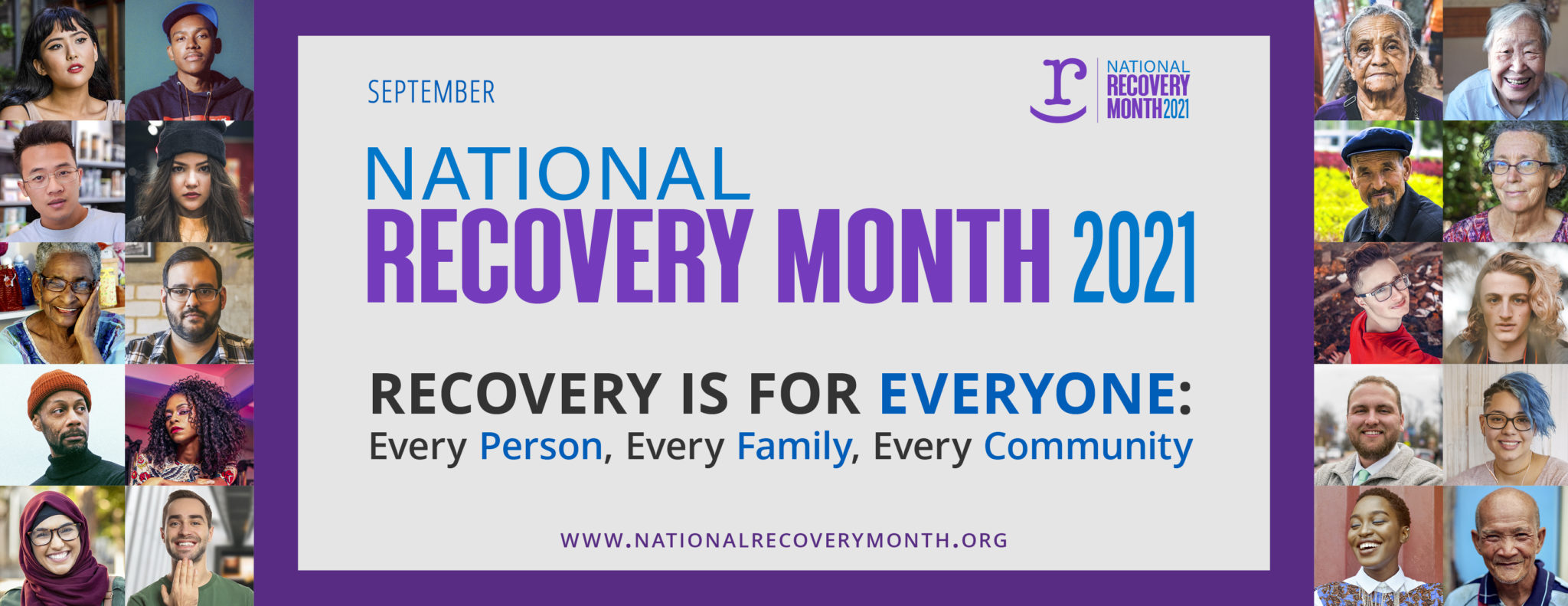National Recovery Month, held every September, seeks to increase awareness and celebrate the successes of those in recovery. What have we learned about recovery and the need for recovery in the pandemic and amid societal changes?
Lawyers Concerned for Lawyers (LCL) provides free and confidential assistance to our profession on any issue that causes stress or distress. Here are our observations as we strive to support our colleagues. First, those already in an active recovery program have a toolbox to face an invisible and potentially lethal illness that may initially have no external signs and are using it. When the fellowship of the recovery community became remote, its importance led to incredibly creative ways to stay connected and avoid the isolation that can trigger a recurrence. It is a struggle, and our affected colleagues must redouble their efforts. The principles of living in the moment and self-care are for everyone.
A second observation is that some in recovery are using again. Though they had committed to themselves and sometimes to others to be abstinent, isolation and uncertainty, and sometimes the opinion that as lawyers we can figure things out on our own, led to a recurrence. Even some in long-term recovery, who may not have been fully engaged in their recovery program, felt like the floor had dropped from beneath them.
The third observation is that some who did not have a problem (or didn’t think they did) are drinking and using at greater and different levels than before, including while working. As we work from home (or live at work), we have lost that natural boundary at the end of the workday. Other triggers for increased and irregular use are stress, uncertainty, loss, boredom, and isolation. We have all of those.
If you notice you are drinking more or in different ways, honestly ask yourself if you are concerned about your use. Has anyone else commented on it, and how do you feel about that? Do you have regrets about your use or something that happened during your use? Through LCL, telehealth assessments, counseling, and support for underlying stress are available. If someone seems like they might be intoxicated, or is disorganized or missing things, be very concerned as an employer. LCL can coach you on how to support a colleague as they get the help they need.
Joan Bibelhausen is Executive Director of Lawyers Concerned for Lawyers. She is committed to helping legal professionals and their organizations thrive in a stressful profession. www.mnlcl.org, [email protected], 651-646-5590.
